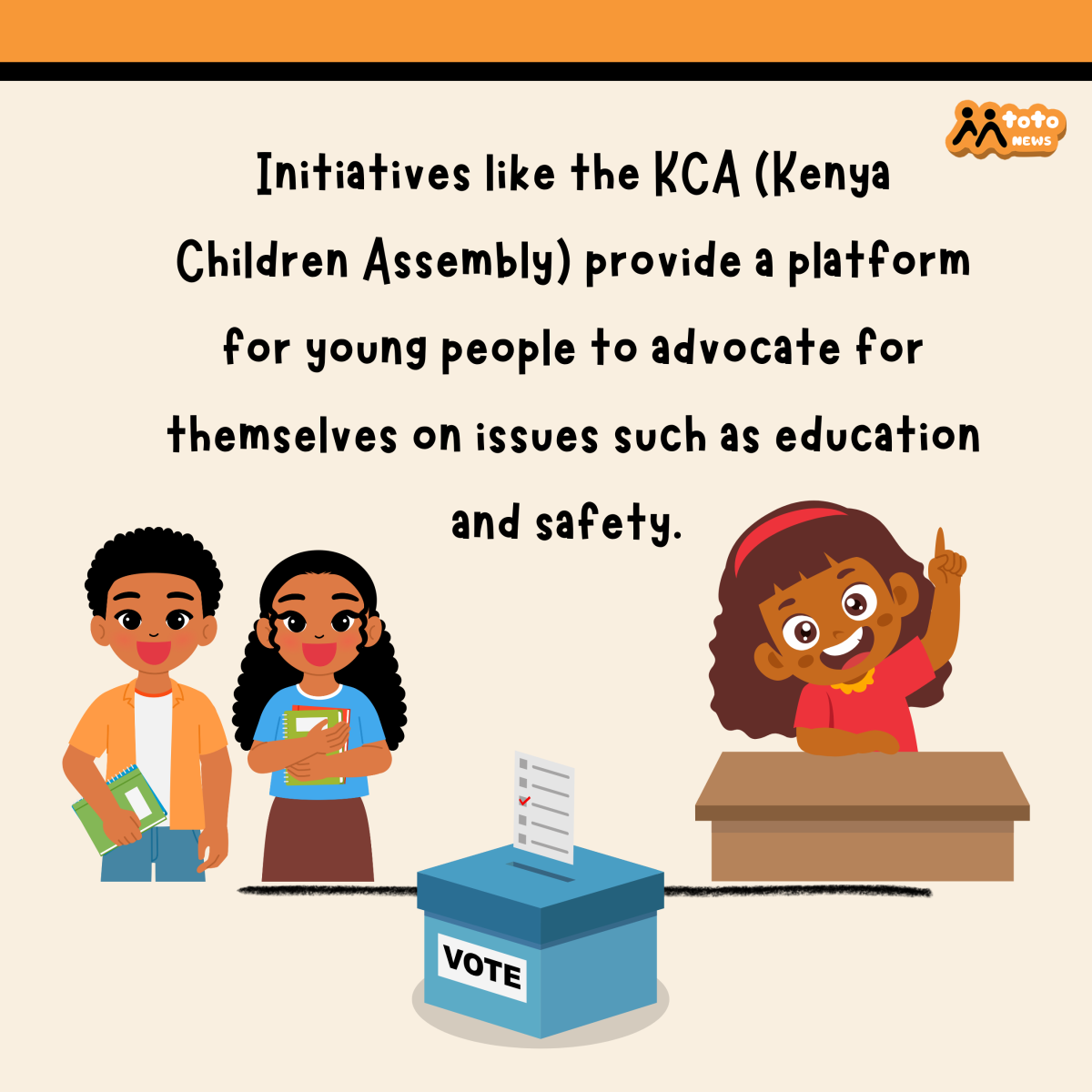Written by Alice Njoki.
On February 22, 2025, young leaders from Njiru Sub-County gathered to elect their representatives in the Kenya Children Assembly (KCA) elections. The event, held at Salvation Church Army in Dandora, brought together children from various schools who exercised their right to vote for candidates vying for key leadership positions.
The election process mirrored national elections, with officials from the Independent Electoral and Boundaries Commission (IEBC) overseeing the process to ensure transparency and credibility. Candidates delivered speeches outlining their plans, addressing issues such as education, child protection, and online safety. The elected leaders will serve as the voice of children in the region, advocating for their rights and concerns in various forums, including engagements with policymakers and community leaders.
As I reflect on this event, I believe it’s more than just an election it’s a lesson in democracy and governance. Children are learning about responsibility and fairness by actively participating in structured decision-making. This hands-on experience helps them understand that leadership is not just about popularity but about responsibility . Moreover ,this early exposure to leadership roles significantly impacts their future by building their confidence ,enhancing their problem-solving skills , and preparing them for the real-world challenges .It sets them on a path where they can effectively contribute to society as informed and engaged citizens.
Initiatives like the KCA provide a platform for young people to advocate for themselves on issues such as education and safety. This challenges the notion that leadership is reserved for adults and inspires children to believe in their own potential. For instance, consider Moraa, who was elected as a speaker in Kamukunji Sub-County back in 2011 her experience not only allowed her to represent children’s rights with various stakeholders in different spaces and also helped her secure her first job. Such examples show how these platforms can empower children to speak out for themselves and others, enabling them to present themselves in different spaces. Moreover, these initiatives allow children to discuss matters that affect them, such as access to quality education and healthcare, which are particularly challenging for children in marginalized communities. Through platforms like the KCA, children from these areas can now represent these issues to the government, ensuring their voices are heard and considered. As children, we are the leaders of today, and it’s crucial that we have a say in shaping our own futures.
For this initiative to create real change, support from adults is essential. Schools should integrate leadership training, policymakers should consider the KCA’s recommendations, and parents should encourage their children to participate in leadership activities. The presence of IEBC officials underscores the seriousness of this initiative and prepares children for real-world leadership roles.
Ultimately, the KCA elections are about creating a future where children’s voices are valued and acted upon. By supporting such initiatives, we empower children and ensure that the next generation of leaders understands fairness and inclusive governance. This is not just about choosing young leaders , it’s about creating a better future for all of us.

